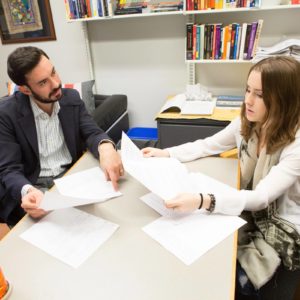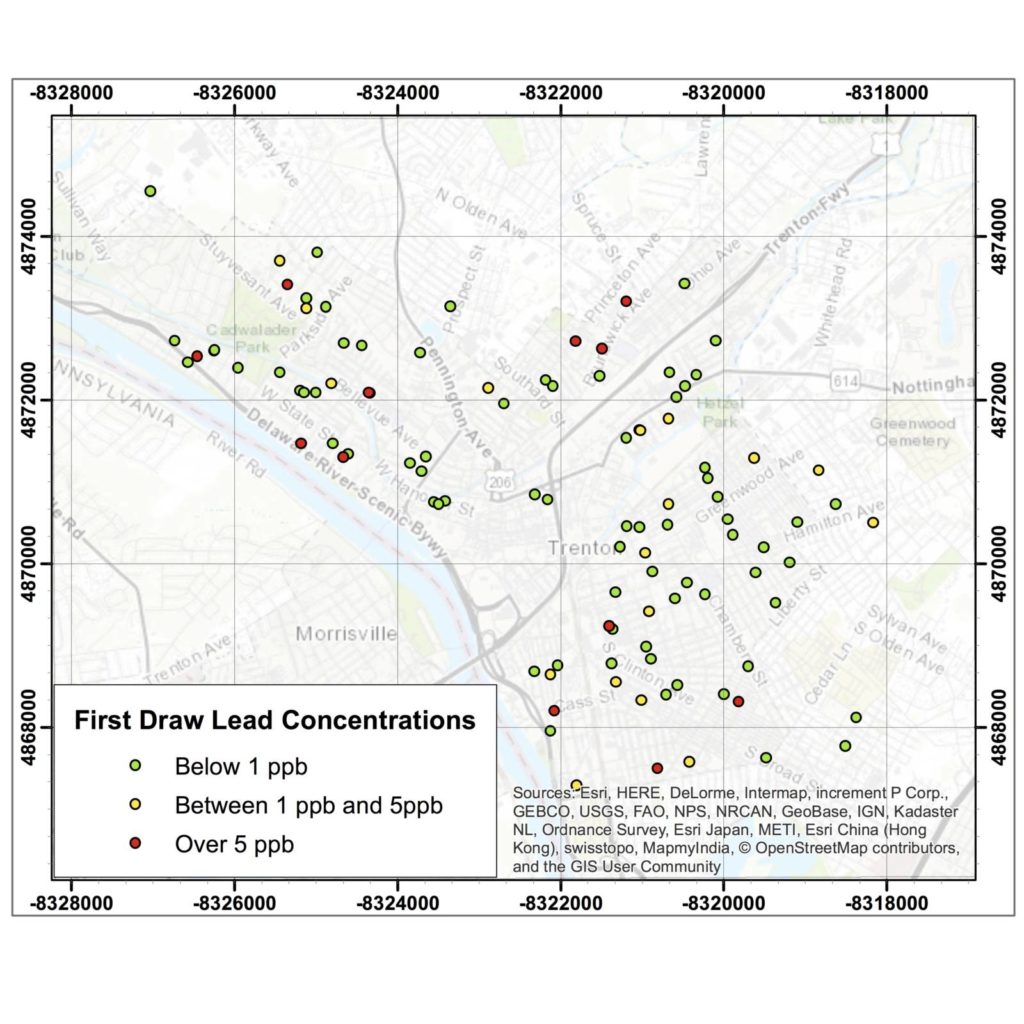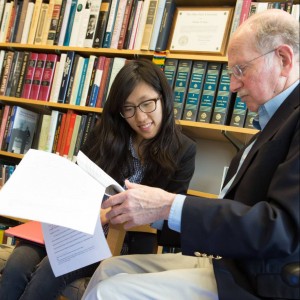Reilly Bova ’20 is a Bachelor of Science and Engineering (B.S.E) Computer Science (COS) major with a strong interest in Physics. He spent this past summer conducting research in Princeton’s Physics department. His work included the visualization of deep universe galaxy clusters.

Reilly took data on some of the oldest and farthest discovered galaxies (several billion light-years away) and mapped them onto a computational model of the observable universe. He also added to the visualization extremely precise maps of the Cosmic Microwave Background (CMB), which is radiation from about 380,000 years after the Big Bang. Right after the Big Bang, the universe was so hot that nothing—not even photons—could travel unimpeded, which rendered the universe opaque. Around year 380,000, the universe had cooled enough that neutral atoms could form, rendering it transparent (i.e., photons could now travel through it) and releasing an enormous amount of energy which we now call the CMB. This Cosmic Microwave Background has been traveling through the universe for billions of years. As the universe expands, the wavelength of the CMB radiation lengthens (i.e., “redshifts”). We can generate a map of what the universe looked like very early in its life by measuring these redshifts.
I recently had the exciting opportunity to interview Reilly and find out more about his research experience.
Continue reading Mapping the Stars: An Interview with Reilly Bova ’20










